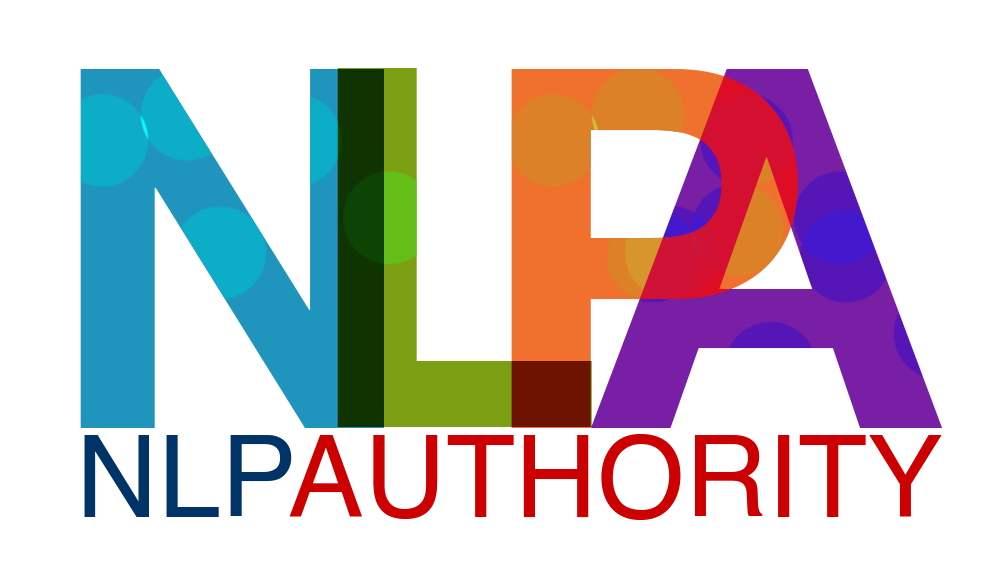NLP and Political Influence
In this blog post, we embark on a captivating exploration of the intersection between Neuro-Linguistic Programming (NLP) and political influence. Join me as we unravel the fascinating ways in which NLP techniques contribute to the art of persuasion in the political arena, shaping narratives, and influencing opinions.
The Dance of Language: NLP in Political Discourse
Politics is not just about policies and governance; it’s a realm where communication and persuasion play a pivotal role. NLP, with its focus on understanding language patterns, non-verbal cues, and behavioral strategies, becomes a potent tool for political figures seeking to connect with audiences and shape public perception.
1. Crafting Compelling Messages with Precision
At the heart of political influence lies the ability to convey messages with clarity and impact. NLP equips political figures with advanced communication skills, ensuring that every word resonates with the intended audience. Techniques such as linguistic precision and metaphorical framing enhance the power of political discourse, framing issues in a way that captures public attention and support.
2. Building Trust and Connection with Voters
Trust is the cornerstone of political influence. NLP provides strategies for political figures to build rapid and authentic rapport with voters. Techniques like mirroring, pacing, and effective questioning contribute to creating a connection that fosters trust, making political figures more relatable and influential.
3. Understanding and Shaping Public Perception
Perception is reality in politics, and NLP offers insights into understanding and shaping public perception. Political figures trained in NLP can analyze the language patterns and non-verbal cues of their audience, tailoring their messages to evoke specific emotional responses and influence public opinion effectively.
4. Motivating and Mobilizing Masses with Persuasive Techniques
Political influence extends beyond words; it involves motivating and mobilizing masses toward a common goal. NLP techniques, such as anchoring positive emotions, allow political figures to create associations that inspire action. By using language and gestures strategically, politicians can rally support and drive collective engagement.
5. Overcoming Opposition: NLP in Political Debates
Debates are battlegrounds of ideas, and NLP equips political figures with tools to navigate and influence these encounters effectively. Techniques like reframing and pattern interrupts empower politicians to address opposition creatively, turning debates into opportunities to sway public opinion in their favor.
6. Managing Crisis Communication with NLP
In politics, crises are inevitable, and effective crisis communication is paramount. NLP provides political figures with strategies to manage and navigate crises by maintaining composure, framing responses strategically, and instilling confidence in the public during challenging times.
7. Tailoring Messages to Diverse Audiences
Political figures often address diverse audiences with varying perspectives. NLP techniques allow politicians to tailor their messages to resonate with different demographics. Understanding meta-programs and adapting communication styles ensure that messages connect with a broad spectrum of voters.
Conclusion: NLP and the Political Landscape
As we explore the synergy between NLP and political influence, it becomes evident that NLP is not just a tool; it’s a mindset that transforms political communication. It’s about creating political figures who understand the nuances of human behavior, communicate with precision, and influence public opinion with finesse.
Embark on a journey of political influence with NLP, where each skill learned is a step toward becoming a persuasive, influential, and impactful political figure. The fusion of NLP and political communication opens doors to innovative strategies, powerful rhetoric, and a political approach that resonates with diverse audiences.
Explore the boundless possibilities of political influence with NLP, where success is not just about policies but also about effective communication, persuasion, and transformative leadership.
